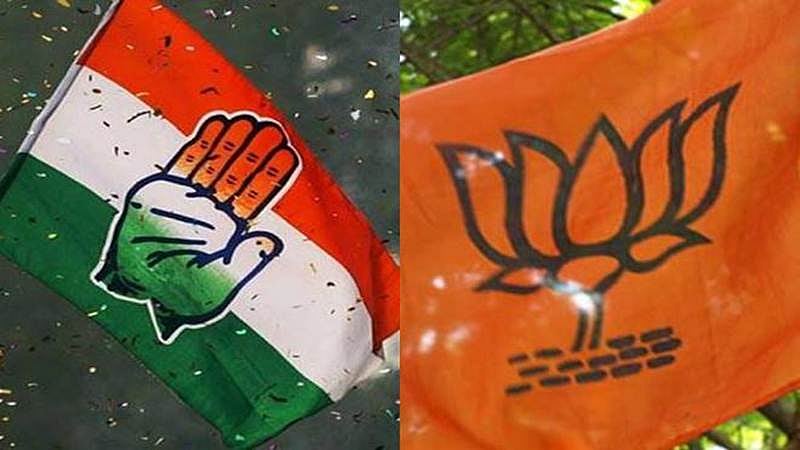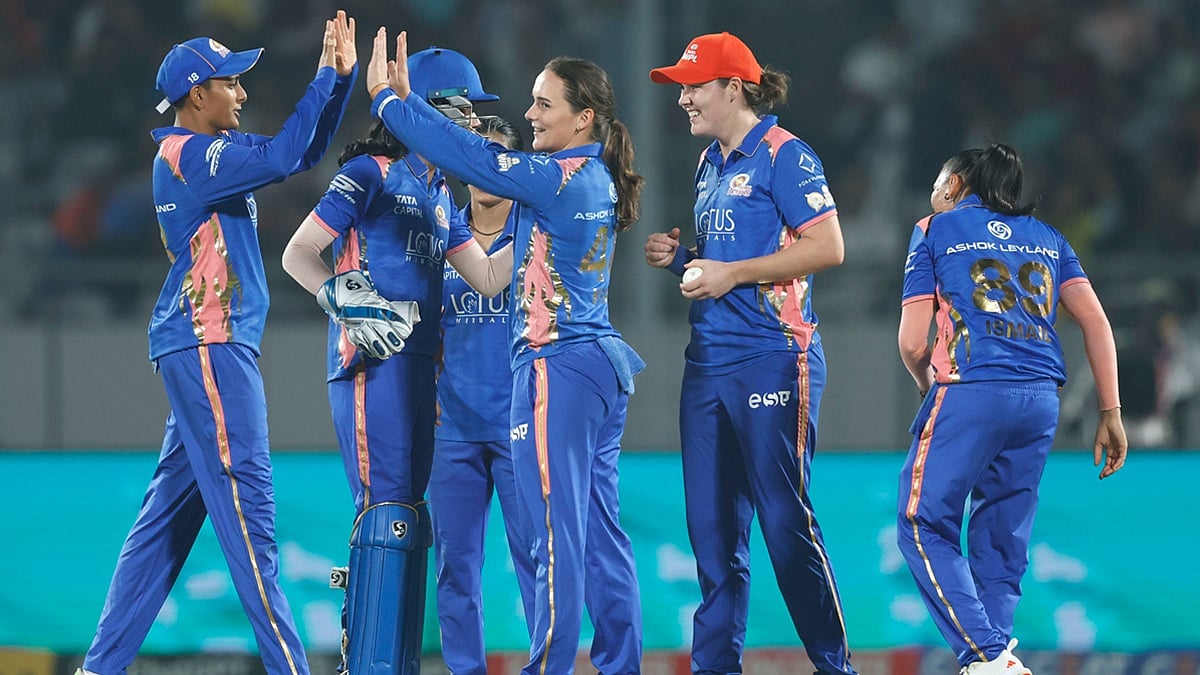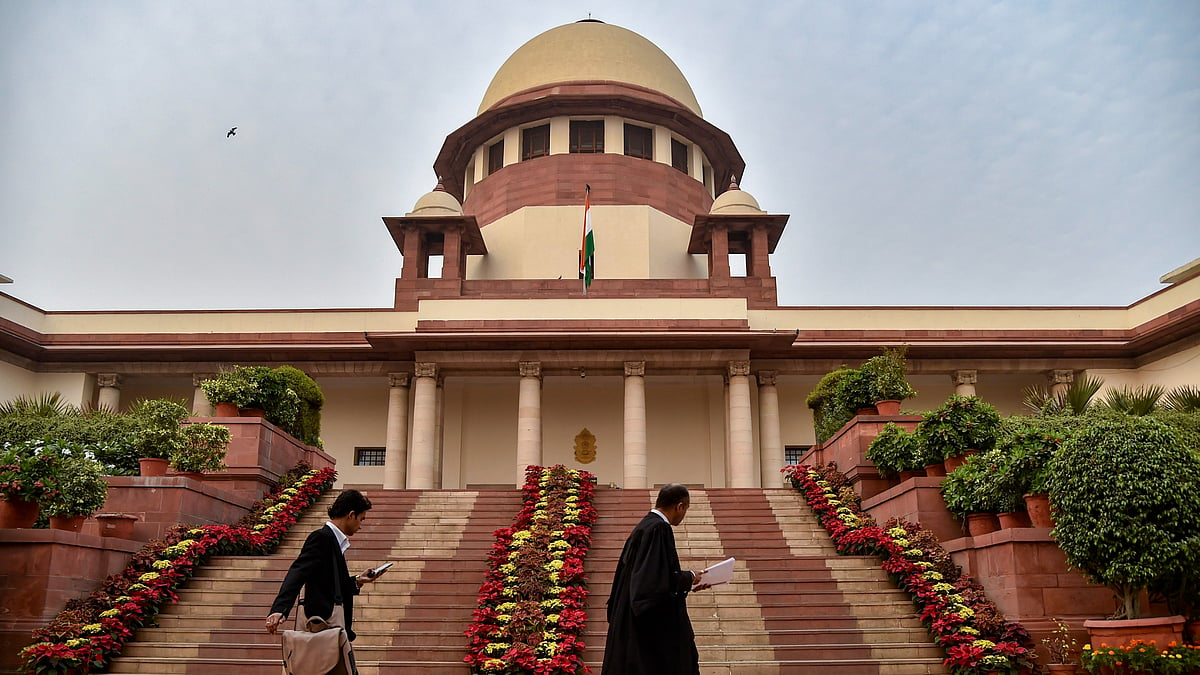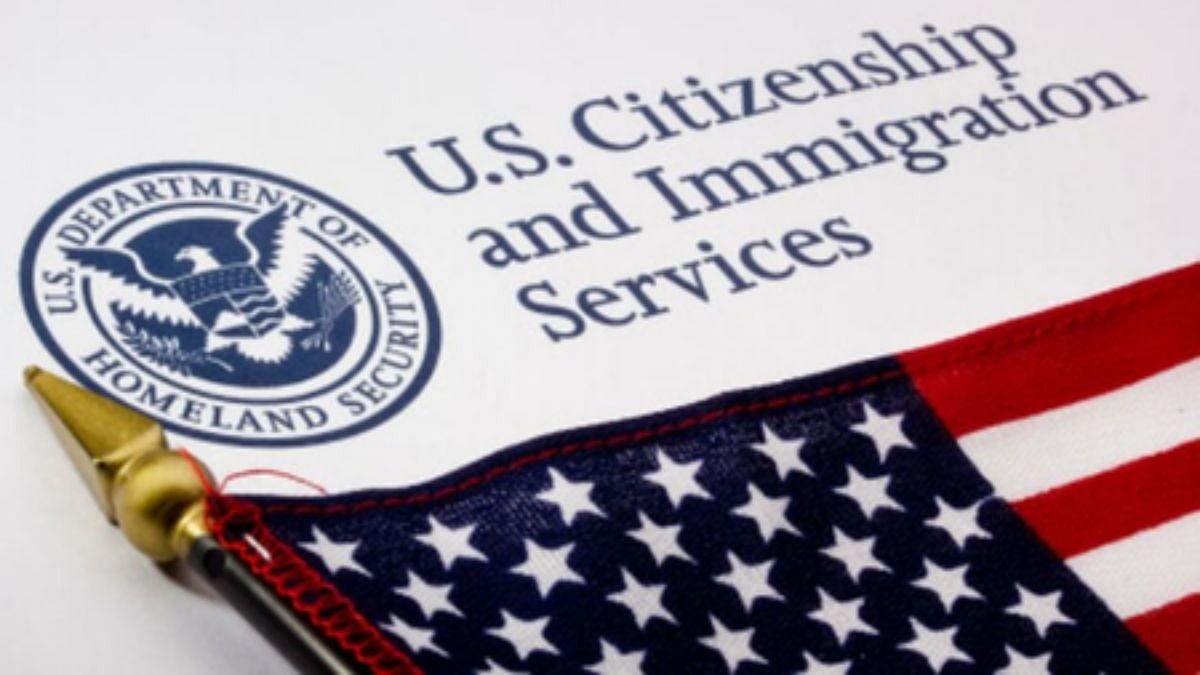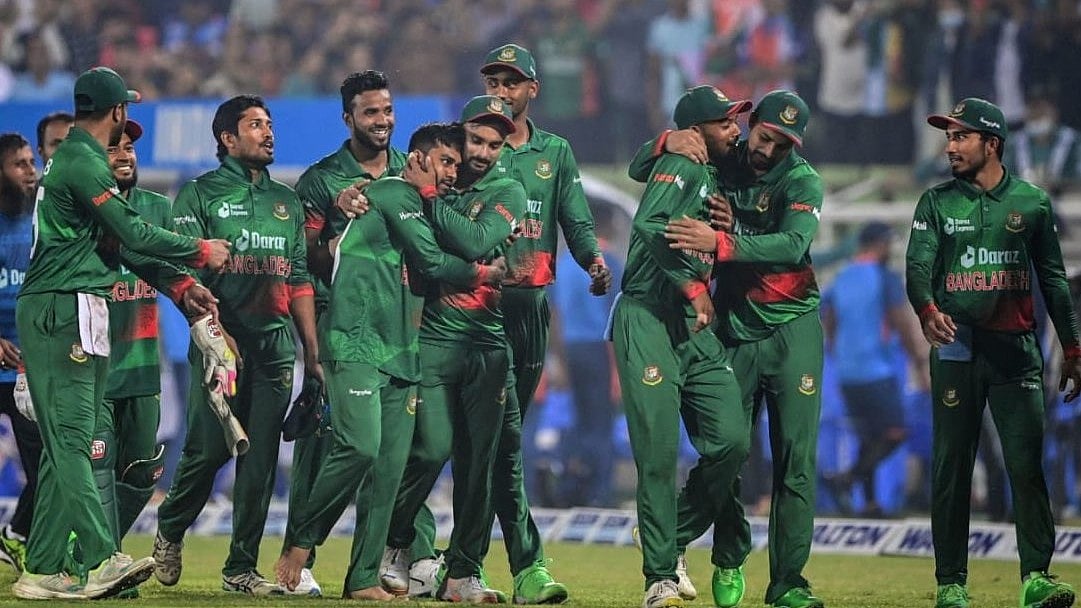Three months ago, Bharatiya Janata Party chief Amit Shah had said the upcoming Lok Sabha elections will not be an ordinary election and called for dislodging, what he called, anti-national forces engaged in politics of appeasement on the lines of what the country witnessed in 1977 polls after Emergency.
Last week, CPM general secretary Sitaram Yechury said 2019 election is the most crucial since Independence where the criterion for deciding whom to vote will not be the government’s mere performance, but the fact that ‘our secular democracy is in peril and has to be saved’.
What is at stake, Yechury wrote in the party mouthpiece ‘People’s Democracy’, is the very future of our secular democratic republic. Accusing the Narendra Modi-led government of mounting an ‘unprecedented attack’ on all constitutional authorities and institutions during the last five years, Yechury further added that the primary task before the electorate is to ensure the defeat of the present government and give the mandate to establish an alternative secular democratic government that must defend our constitutional republic.
In the last six months, Congress president Rahul Gandhi has said, more or less, the same things about the Modi government and the importance of forthcoming elections; so have several regional party leaders like Mamata Banerjee, Akhilesh Yadav, Mayawati, Chandrabubu Naidu and Tejashwi Yadav. The Opposition never tires of telling the electorate that 2019 elections are not ordinary elections, but a ‘momentous battle against the pernicious ideology of the Sangh parivar’; a fight to ‘save the soul of the nation’.
Apart from the Opposition, liberals and secularists are also of the view that elections this time are unusual: for they are not about how India chooses but what India is about. Those who want the current government back in power, for them the coming elections are a national vote on strong leadership and national security. Everything else matters less to them: unprecedented rise in unemployment, severe farm distress, corruption, price rise, falling exports and hardships caused by demonetisation and flawed implementation of GST.
Therefore, they regard the coming elections as presidential contest between Modi and the rest, an occasion to reaffirm faith in his leadership to make India a rising economic power. But others find faults with this idea and want the present government dislodged because, for them, the coming elections are about the precise opposite: the idea of democratic, plural and inclusive India and real issues that concern common man.
Therefore, for them the elections are a non-presidential contest between one leader and the many for an India where everything does not become secondary and subordinate to the supreme leader: the institutions, laws, the Constitution, individual liberty, freedom of speech, privacy, freedom of religion, freedom of press and the right to dissent. In short, the elections are about saving liberal democracy and defeating fascism, if one defines fascism as a system in which the glory of the state is everything and rights of the individual are secondary.
This is also the Opposition’s message to the electorate. According to opposition leaders, the government policies are undermining the secular consensus and inclusive fabric of the past 70 years. It is why they have often emphasised on the need to fight the Lok Sabha elections as a united force against the BJP. But nothing of that sort seems to be happening so far.
Even as the first phase of elections is just a fortnight away, the Congress is still in the process of forming alliances in some states and struggling to finalise them in other states. So far, there is no sign of an alliance with the AAP in Delhi and the talks of an alliance with the Left in West Bengal have yielded no result. The Congress has been left out of the formidable SP-BSP alliance in Uttar Pradesh and in Andhra Pradesh the TDP has parted ways with the Congress. Thus, there is no end in sight to the Congress’ woes in forming alliances.
In comparison, the BJP has moved swiftly with as many alliances it could tie up before elections. In most of the alliances, the BJP has sacrificed its share of seats to accommodate demanding allies. This is not surprising because even after Pulwama and Balakot, which have given some advantage to BJP, there are still doubts whether the party will get more than 200 seats.
So, while the BJP has walked an extra mile to stitch small and big alliances, the Congress has failed to realise that its objective of minimising BJP cannot be achieved without forging strategic alliances with regional parties, given the fact that the lead it had over BJP after its victory in three heartland states in December has lost its momentum. Neither the BJP, nor Congress is in a bargaining position.
But while the BJP has displayed pragmatism in dealing with allies, the Congress has been smug and unrelenting. Regional opposition parties have been even more adamant and demanding, making alliance formation even more difficult. Data of past elections suggests that between 1952 and 2002, 67 per cent of seats were won on popular vote, while only 33 per cent seats were won because of a split in Opposition’s votes. But in the last 20 years, things have changed drastically:
only 55 per cent of seats have been won on popular vote, while 45 per cent seats have been won because of division of Opposition’s votes. This is exactly what happened in 2014 and a divided Opposition will benefit BJP this time too. In UP for instance, the combined vote share of SP, BSP and RLD was 43.1 per cent against BJP’s 42 per cent in 2014. But BJP won 71 seats because the Opposition’s votes got divided.
Compare this with the by-election results for Phulpur, Gorakhpur and Kairana which the SP, BSP and RLD contested as an alliance: not only the Opposition candidates won all the three seats but their vote share jumped by 10 per cent each in Phulpur and Gorakhpur and 4 per cent in Kairana.
If the Opposition’s goal is to enlarge democracy, all parties need to sacrifice some pride, vote share and seats and the Congress should have taken a lead in this regard. But as things stand now, opposition parties have not been able to close ranks.
They all want to see the Modi-led government defeated, but they have struggled to find a sufficient common ground to work together. This may be because of absence of a strong leader who could bring the Congress and regional parties on a common platform, just like Jayaprakash Narayan brought the democratic coalition together against Mrs Gandhi in 1977.
A L I Chougule is an independent senior journalist.
